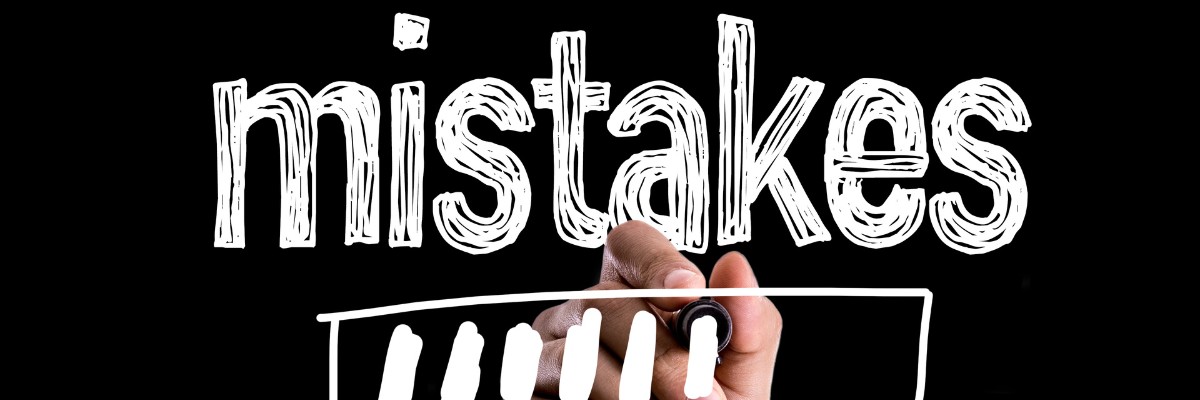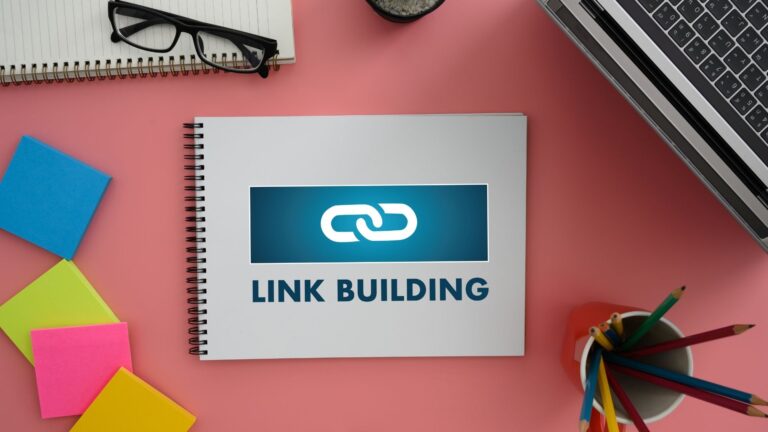When it comes to optimizing your website for search engines, on-page SEO is a crucial factor that can significantly impact your search engine rankings. On-page SEO refers to the optimization of individual web pages to rank higher and earn more relevant traffic in search engines. However, many website owners and marketers make common on-page SEO mistakes that can hinder their website’s performance and hurt their search engine rankings.
In this article, we’ll discuss the top on-page SEO mistakes to avoid for better results and provide practical tips to help you optimize your website and improve your search engine rankings.
Keyword Stuffing
Keyword stuffing refers to the practice of overusing targeted keywords on a page to manipulate search engine rankings. In the past, stuffing your content with keywords was a popular SEO tactic, but it’s now considered a spammy technique that can result in a penalty from search engines.
Instead of focusing solely on keyword density, aim to create high-quality content that’s valuable to your audience and includes relevant keywords naturally. Use keyword research tools to identify long-tail and related keywords to optimize your content and make it more discoverable in search engine results pages (SERPs).
Duplicate Content
Duplicate content occurs when the same content appears on multiple pages or domains, either intentionally or unintentionally. Duplicate content can confuse search engines and cause them to choose which version of the content to index, potentially harming your search engine rankings.
To avoid duplicate content issues, ensure that each page on your website has unique content and avoid publishing content that’s already been published on other websites. Use canonical tags to indicate the original source of content and prevent search engines from penalizing you for duplicate content.
Poorly Written Content
Content is a critical factor in on-page SEO, and poorly written content can negatively affect your search engine rankings. Poorly written content can include grammar and spelling mistakes, shallow or irrelevant content, or low-quality images and videos.
To create high-quality content that appeals to both users and search engines, ensure that your content is well-written, engaging, and provides value to your audience. Use images, videos, and other media to enhance your content and make it more shareable and engaging.
Ignoring Title Tags and Meta Descriptions
Title tags and meta descriptions are essential on-page SEO elements that help search engines understand the content of your page. Title tags appear in SERPs and provide a brief description of the content on your page, while meta descriptions offer a more detailed summary.
To optimize your title tags and meta descriptions, ensure that they accurately reflect the content of your page and include relevant keywords. Keep your title tags under 60 characters and your meta descriptions under 155 characters to avoid truncation in SERPs.
Not Optimizing for Mobile
With the rise of mobile devices, optimizing your website for mobile users is crucial for on-page SEO. If your website isn’t mobile-friendly, it can harm your search engine rankings and affect user experience.
To optimize your website for mobile users, use a responsive design that adapts to different screen sizes and devices. Ensure that your website’s content is easily readable on mobile devices and that your website loads quickly on mobile devices.
Overlooking Image Optimization
Images are a valuable asset for on-page SEO, but they can also slow down your website’s load time if they’re not optimized correctly. Overlooking image optimization can harm your search engine rankings and user experience.
To optimize your images, compress them to reduce file size without sacrificing quality. Use descriptive file names and alt tags to help search engines understand the content of your images and improve their discoverability in SERPs.
On-page SEO is an essential aspect of optimizing your website for search engines and earning more relevant traffic. By avoiding the common on-page SEO mistakes discussed in this article, you can improve your website’s performance and search engine rankings. Instead of focusing solely on keyword density or manipulating search engines, aim to create high-quality content that’s valuable to your audience and optimized for search engines.
By avoiding keyword stuffing, duplicate content, poorly written content, ignoring title tags and meta descriptions, not optimizing for mobile, and overlooking image optimization, you can improve your website’s on-page SEO and attract more organic traffic.
Remember, on-page SEO is just one aspect of search engine optimization, and it’s essential to consider other factors such as off-page SEO, technical SEO, and user experience to achieve the best results. By implementing a holistic SEO strategy and avoiding common on-page SEO mistakes, you can achieve better results and improve your website’s performance in search engine rankings.




